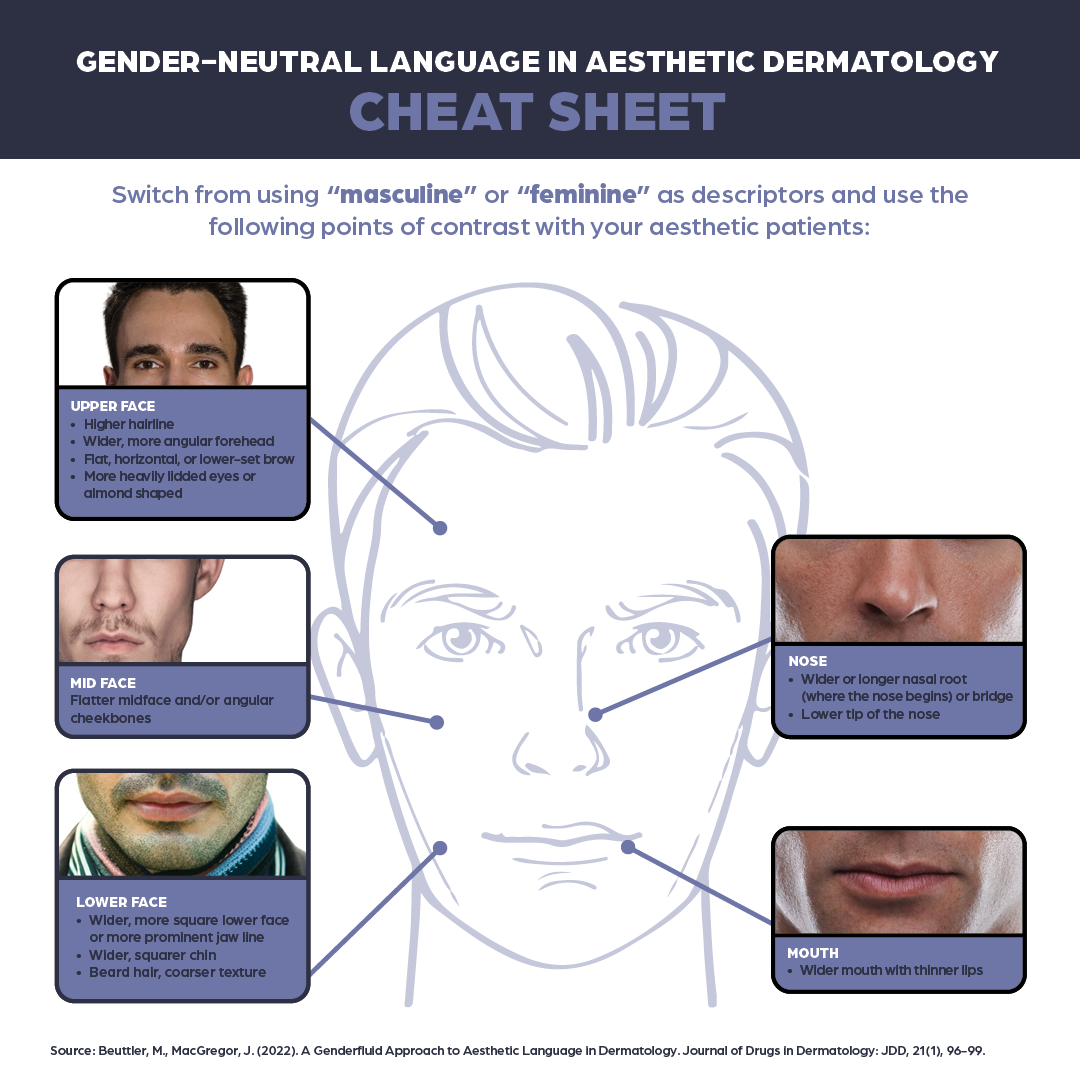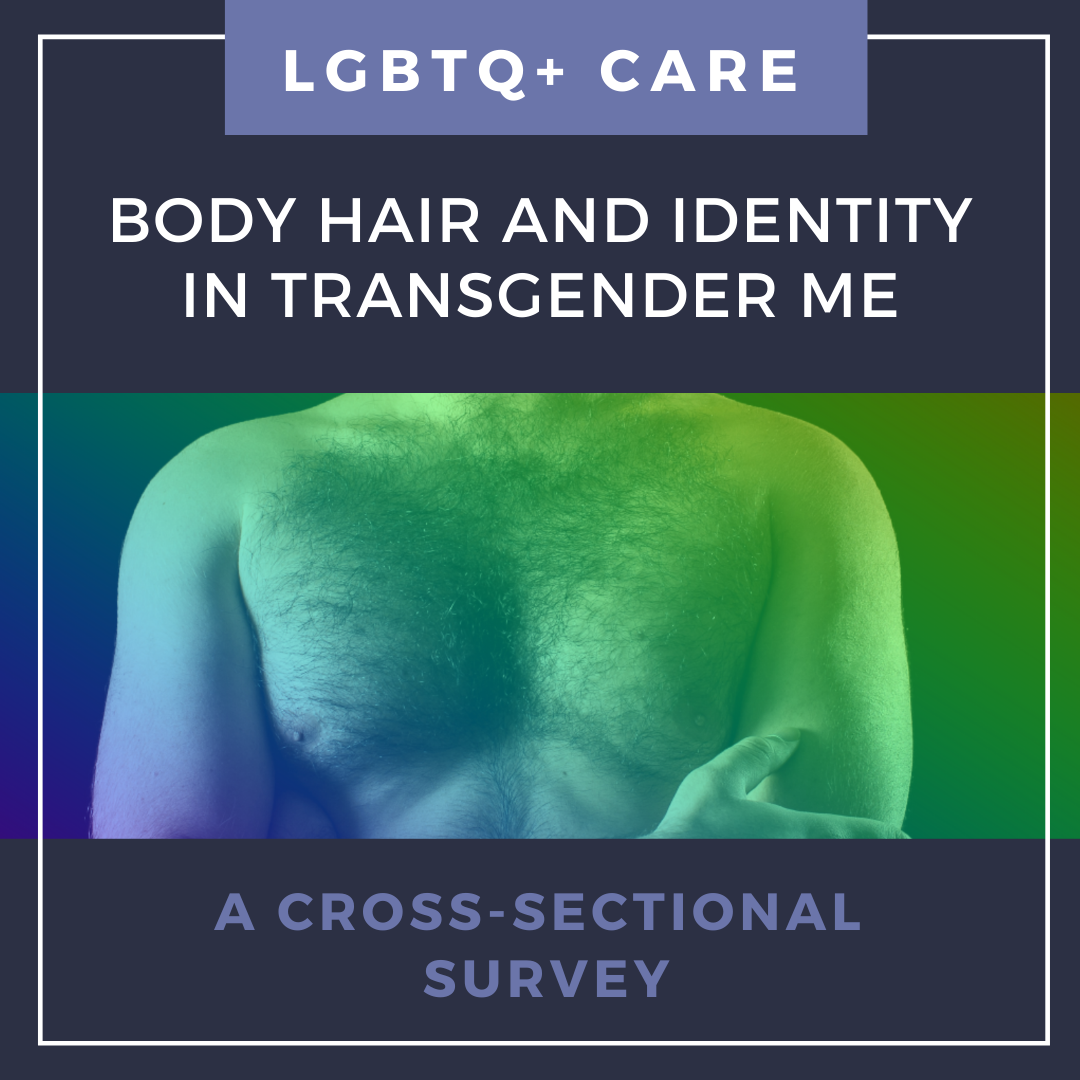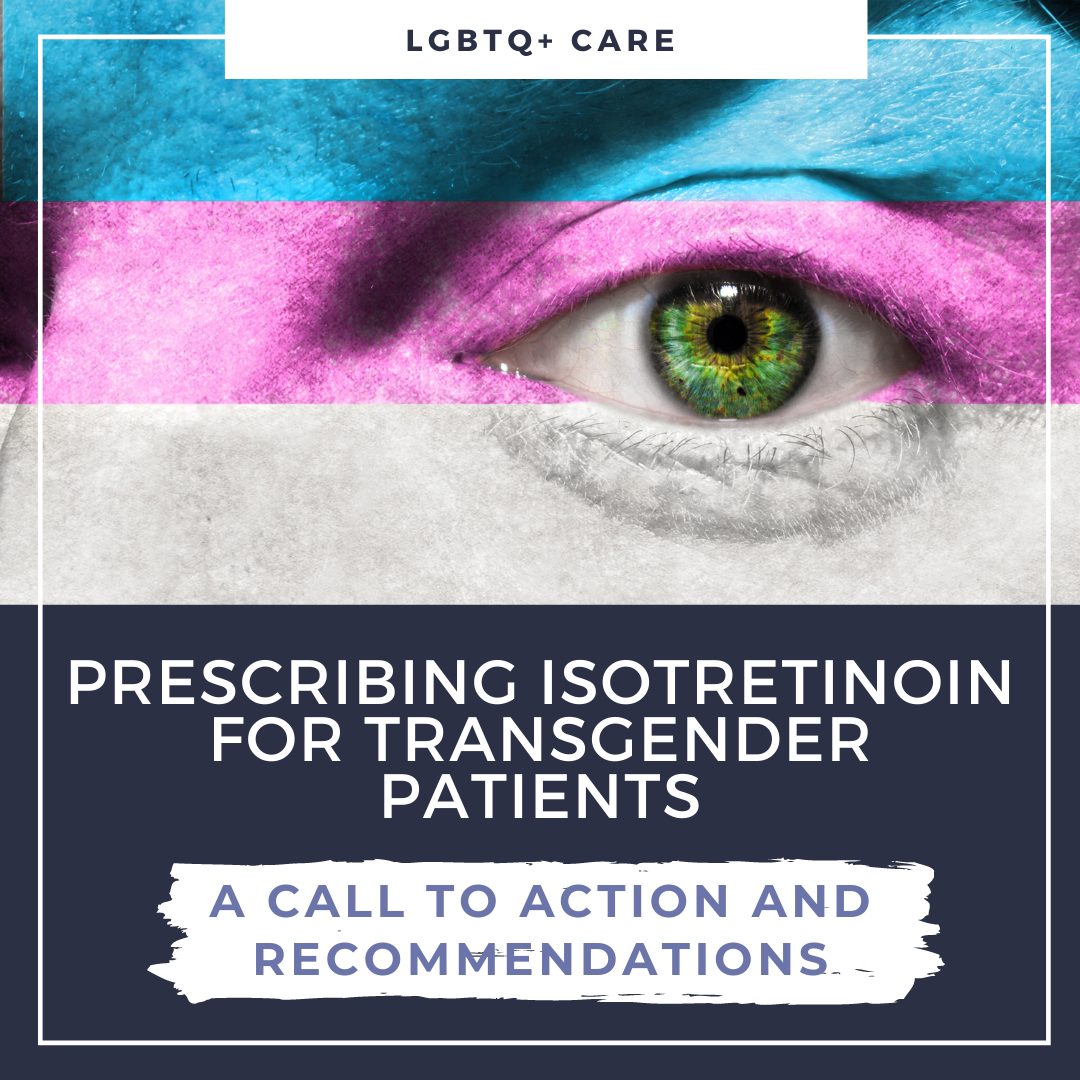Gender-Neutral Language in Aesthetic Dermatology | Cheat Sheet
 Dermatologists should adopt gender-neutral language in interactions with aesthetic patients, according to “A Genderfluid Approach to Aesthetic Language in Dermatology” by Marc Beuttler, MD, and Jennifer MacGregor, MD, published in the Journal of Drugs in Dermatology in January 2022. Gender-neutral language helps dermatologists prevent psychological upset or offense for patients with nonbinary …
Dermatologists should adopt gender-neutral language in interactions with aesthetic patients, according to “A Genderfluid Approach to Aesthetic Language in Dermatology” by Marc Beuttler, MD, and Jennifer MacGregor, MD, published in the Journal of Drugs in Dermatology in January 2022. Gender-neutral language helps dermatologists prevent psychological upset or offense for patients with nonbinary …
 Dermatologists should adopt gender-neutral language in interactions with aesthetic patients, according to “A Genderfluid Approach to Aesthetic Language in Dermatology” by Marc Beuttler, MD, and Jennifer MacGregor, MD, published in the Journal of Drugs in Dermatology in January 2022. Gender-neutral language helps dermatologists prevent psychological upset or offense for patients with nonbinary …
Dermatologists should adopt gender-neutral language in interactions with aesthetic patients, according to “A Genderfluid Approach to Aesthetic Language in Dermatology” by Marc Beuttler, MD, and Jennifer MacGregor, MD, published in the Journal of Drugs in Dermatology in January 2022. Gender-neutral language helps dermatologists prevent psychological upset or offense for patients with nonbinary … Continue reading "Gender-Neutral Language in Aesthetic Dermatology | Cheat Sheet"


 Dermatology needs to re-think the use of gendered language in aesthetics, according to a brief communication published in the January issue of the Journal of Drugs in Dermatology. The authors contend that gendered language can cause upset or offense in patients with nonbinary gender identity or gender dysphoria, and that gender-neutral language can help dermatologists provide better and more consi …
Dermatology needs to re-think the use of gendered language in aesthetics, according to a brief communication published in the January issue of the Journal of Drugs in Dermatology. The authors contend that gendered language can cause upset or offense in patients with nonbinary gender identity or gender dysphoria, and that gender-neutral language can help dermatologists provide better and more consi …  Transgender and gender diverse people can experience increased depression, anxiety, suicidal ideation, and suicide from gender dysphoria (GD).1 GD occurs due to a discrepancy between a person’s gender identity, assigned gender, and physical characteristics.2 Gender affirming medical care, including dermatologic care, can increase body-gender congruence and decrease negative outcomes associ …
Transgender and gender diverse people can experience increased depression, anxiety, suicidal ideation, and suicide from gender dysphoria (GD).1 GD occurs due to a discrepancy between a person’s gender identity, assigned gender, and physical characteristics.2 Gender affirming medical care, including dermatologic care, can increase body-gender congruence and decrease negative outcomes associ …  At the 2021 Skin of Color Update, Dr. Andrew Alexis hosted a panel discussion on Diversity, Equity, and Inclusion (DEI), with dermatology powerhouses Dr. Susan Taylor and Dr. Klint Peebles. These two panelists have tirelessly advocated for their respective causes, advancement of knowledge within skin of color (SOC) and LGBTQ (lesbian, gay, bisexual transgender, queer) health.
Our first panelist …
At the 2021 Skin of Color Update, Dr. Andrew Alexis hosted a panel discussion on Diversity, Equity, and Inclusion (DEI), with dermatology powerhouses Dr. Susan Taylor and Dr. Klint Peebles. These two panelists have tirelessly advocated for their respective causes, advancement of knowledge within skin of color (SOC) and LGBTQ (lesbian, gay, bisexual transgender, queer) health.
Our first panelist …  Case Scenario
A 26-year-old patient presents to the dermatology clinic with severe nodulocystic scarring acne. The patient identifies as a transgender male and notes that he has been receiving hormone replacement therapy for the past 4 years with weekly intramuscular testosterone injections. He has not had any gender-affirming surgeries and reports being currently amenorrhoeic. He is curren …
Case Scenario
A 26-year-old patient presents to the dermatology clinic with severe nodulocystic scarring acne. The patient identifies as a transgender male and notes that he has been receiving hormone replacement therapy for the past 4 years with weekly intramuscular testosterone injections. He has not had any gender-affirming surgeries and reports being currently amenorrhoeic. He is curren …